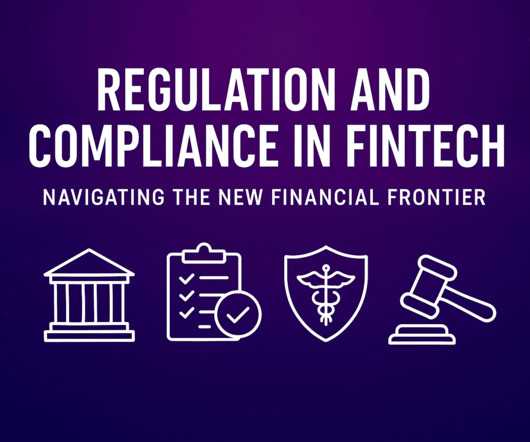Guarding the Gates: Data Compliance and Privacy
Segpay
DECEMBER 13, 2024
The rise of data privacy concerns has led to a surge in global regulations, such as the EU General Data Protection Regulation (GDPR) and the California Consumer Privacy Act (CCPA), which are drafted to protect peoples individual data protection rights.














Let's personalize your content